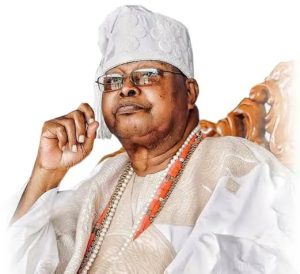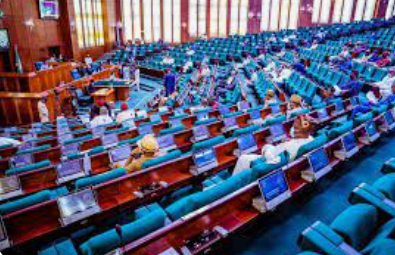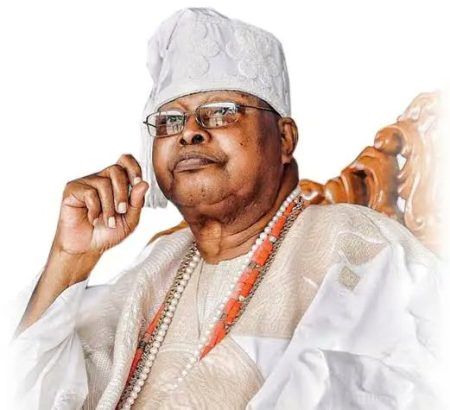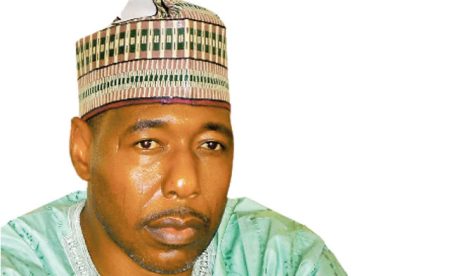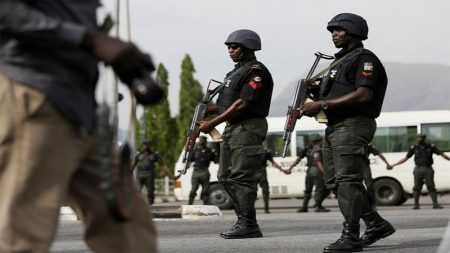The clamor for decentralized policing in Nigeria gained significant momentum as three North Central states – Benue, Plateau, and Nasarawa – passionately advocated for the establishment of state police forces during a public hearing on constitutional review. The hearing, organized by the House of Representatives Committee on the Review of the 1999 Constitution, provided a platform for these states to express their deep concerns regarding the escalating insecurity plaguing the nation and to propose solutions centered around localized security control. The governors of the three states, speaking through their representatives, presented compelling arguments highlighting the limitations of a centralized police force in effectively addressing the unique security challenges faced by their respective states. They argued that the establishment of state police forces is not merely desirable, but essential for safeguarding lives and property within their jurisdictions.
A central theme woven through the presentations was the assertion that a centralized police force, however well-intentioned, lacks the nuanced understanding of local dynamics necessary to effectively combat crime and maintain order. Governor Hyacinth Alia of Benue State, represented by his Attorney General, lamented the impotence of state governors in directing security operations within their own states. He cited the example of Benue’s anti-open grazing law, a piece of legislation designed to address farmer-herder conflicts, which has been rendered largely ineffective due to the inability of the governor to deploy security forces to enforce it. This powerlessness, he argued, underscores the critical need for state control over security apparatus. This sentiment was echoed by the other governors, who highlighted the specific security challenges facing their states and the need for a more responsive and adaptable security architecture.
Governor Caleb Mutfwang of Plateau State, speaking through his Attorney General, underscored the devastating impact of insecurity on his state, describing it as unparalleled in the nation. He argued that the establishment of state police, along with the bolstering of other security agencies, is crucial for curbing the persistent violence that has plagued Plateau. This call for localized security control reflects a growing recognition that a one-size-fits-all approach to policing is inadequate in a nation as diverse and complex as Nigeria. The governors’ arguments highlighted the unique security challenges each state faces, including farmer-herder clashes, banditry, and kidnappings, and the need for tailored security responses that a centralized police force struggles to provide.
Governor Abdullahi Sule of Nasarawa State, represented by his Attorney General, further reinforced the argument for state police, emphasizing that its implementation is long overdue. He proposed a multi-pronged approach to electoral and security sector reforms, calling for the creation of a separate agency to manage political party registration and regulation, thereby allowing INEC to focus solely on conducting elections. This streamlining of responsibilities is aimed at enhancing the efficiency and transparency of the electoral process. Additionally, Governor Sule advocated for the establishment of an Electoral Offences Commission and suggested conducting all elections on a single day to mitigate voter apathy and reduce costs.
Beyond the call for state police, the governors also advocated for crucial reforms within the electoral system. Governor Alia of Benue State stressed the importance of expeditious resolution of electoral disputes, proposing a shift towards documentary evidence over oral testimonies. This move, he believes, would create a more robust and reliable legal framework for adjudicating electoral matters. Governor Mutfwang of Plateau State expressed opposition to the conduct of local council elections by INEC, favoring the retention of this responsibility by state independent electoral commissions. This position reflects a desire to maintain local control over local elections.
In essence, the public hearing provided a platform for these three North Central states to articulate a cohesive message: the current centralized policing model is inadequate to address the multifaceted security challenges facing Nigeria. They argued persuasively that the establishment of state police forces, coupled with targeted electoral reforms, is essential for enhancing security, promoting stability, and ensuring the effective implementation of laws tailored to the specific needs of each state. Their collective call for decentralized policing reflects a growing national discourse on the need for a more responsive and locally-driven security architecture. The arguments presented by these governors offer a compelling case for revisiting the current policing structure and considering a more localized approach that empowers states to take ownership of their security.


